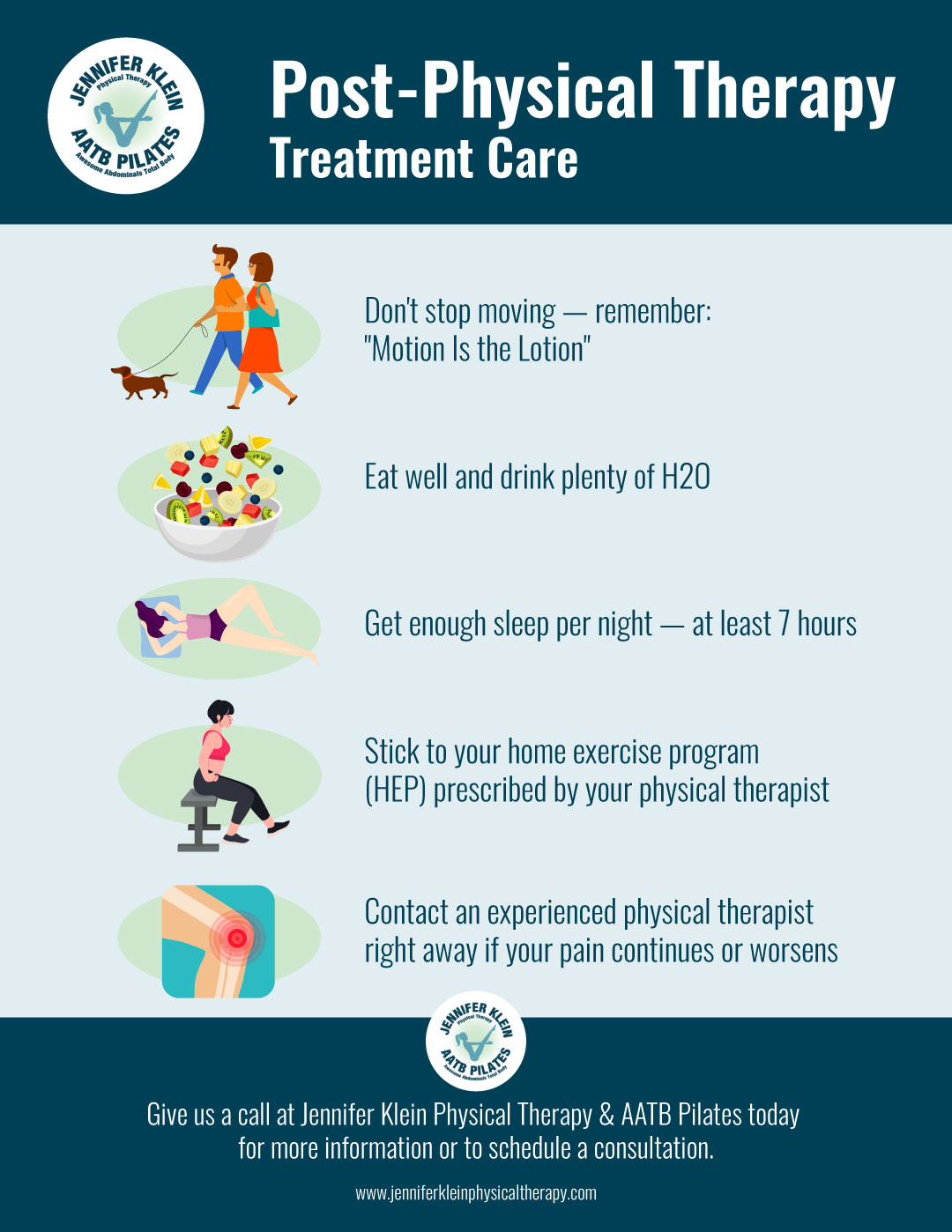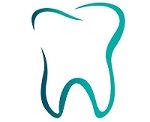Post-Treatment Care for Periodontal Disease: Essential Tips
Are you ready to give your gums the tender love and care they deserve? After battling periodontal disease, it’s time to step up your post-treatment game.
This guide will provide you with essential tips to ensure a healthy and happy mouth. From maintaining proper oral hygiene to managing discomfort and swelling, we’ve got you covered.
Remember, a healthy diet and regular dental check-ups are key to keeping gum disease at bay. Say goodbye to habits that aggravate your gums and hello to a brighter, healthier smile.
Let’s embark on this post-treatment journey together and give your gums the VIP treatment they need!
Key Takeaways
– Proper oral hygiene is essential for maintaining healthy gums and preventing periodontal disease.
– Managing discomfort and swelling after treatment can be achieved through cold compresses, pain medication, saltwater rinses, and avoiding irritating foods.
– Following a healthy diet that limits sugary and acidic foods, includes calcium-rich foods, and promotes hydration is important for post-treatment care.
– Regular dental check-ups and cleanings are crucial for early detection of oral health issues, thorough cleanings, and preventive treatment guidance.
Maintaining Proper Oral Hygiene
To keep your gums healthy after treatment for periodontal disease, make sure to brush and floss regularly. Maintaining proper oral hygiene is crucial in preventing the recurrence of periodontal disease and maintaining the health of your gums.
Brushing your teeth twice a day with a soft-bristle toothbrush and fluoride toothpaste is essential. Be sure to brush all surfaces of your teeth, including the front, back, and chewing surfaces. Use gentle, circular motions to clean your teeth and gums thoroughly.
In addition to brushing, flossing plays a vital role in removing plaque and food particles from between your teeth and along the gumline. Make it a habit to floss at least once a day, preferably before bedtime. Use a gentle, back-and-forth motion to clean between each tooth and under the gumline. You can also consider using interdental brushes or water flossers if traditional flossing is challenging for you.
Along with regular brushing and flossing, don’t forget to schedule regular dental check-ups and cleanings. Your dentist or dental hygienist will thoroughly clean your teeth, removing any plaque or tartar buildup that can lead to gum disease. They can also provide guidance on proper oral hygiene techniques and recommend any necessary treatments or adjustments.
Managing Discomfort and Swelling
You can manage discomfort and swelling after treatment for periodontal disease by following these effective tips.
1. Apply cold compress: Placing a cold pack or ice pack on the affected area can help reduce swelling and numb the area, providing relief from discomfort. Remember to wrap the ice pack in a cloth to protect your skin.
2. Take over-the-counter pain medication: Nonsteroidal anti-inflammatory drugs (NSAIDs), such as ibuprofen, can help alleviate pain and reduce swelling. Follow the recommended dosage and consult with your dentist or pharmacist if you have any concerns.
3. Rinse with saltwater solution: Mix half a teaspoon of salt in a glass of warm water and gently rinse your mouth with this solution multiple times a day. Saltwater helps reduce inflammation and promotes healing.
4. Avoid hard, crunchy, and spicy foods: Stick to soft, easy-to-chew foods that won’t irritate your gums or cause additional discomfort. Avoiding foods that are too hot or too cold can also help prevent sensitivity.
By following these tips, you can effectively manage discomfort and swelling after treatment for periodontal disease.
Remember to consult your dentist if your symptoms persist or worsen.
Following a Healthy Diet
Maintaining a healthy diet is crucial for managing periodontal disease and its symptoms on a regular basis. By following a healthy diet, you can support the healing process and promote the overall health of your gums and teeth.
Firstly, it’s important to limit your consumption of sugary and acidic foods and beverages. These can contribute to the growth of harmful bacteria and increase the risk of tooth decay. Instead, opt for a diet rich in fruits, vegetables, lean proteins, and whole grains. These foods provide essential nutrients and vitamins that aid in tissue repair and strengthen your immune system.
Additionally, incorporating foods high in calcium, such as dairy products, can help maintain strong teeth and bones. It’s also vital to stay hydrated by drinking plenty of water throughout the day. Water helps wash away food particles and neutralize acids in your mouth.
Lastly, avoid tobacco products and limit alcohol consumption, as they can worsen the symptoms of periodontal disease.
Regular Dental Check-ups and Cleanings
Once you have established a healthy diet, it’s important to schedule regular dental check-ups and cleanings to maintain your periodontal health. These visits to your dentist are crucial in preventing the recurrence of periodontal disease and ensuring the long-term success of your treatment.
Here are four reasons why regular dental check-ups and cleanings are essential:
1. Early detection of oral health issues: Regular check-ups allow your dentist to identify any signs of gum disease or other oral health issues early on. This enables prompt treatment and prevents the condition from worsening.
2. Thorough cleaning of your teeth and gums: Professional dental cleanings remove plaque and tartar buildup that can’t be eliminated through regular brushing and flossing alone. This helps prevent the progression of gum disease and keeps your teeth and gums healthy.
3. Monitoring of your periodontal health: Regular check-ups allow your dentist to monitor the progress of your periodontal treatment and make any necessary adjustments to ensure its effectiveness.
4. Prevention of future problems: By maintaining regular dental check-ups and cleanings, you can prevent the development of new oral health issues. Your dentist can provide guidance on proper oral care techniques and offer preventive treatments to keep your periodontal health in check.
Avoiding Habits That Can Aggravate Gum Disease
To further support your periodontal health, it’s crucial to be mindful of habits that can worsen gum disease. While you may have undergone treatment for periodontal disease, it’s important to maintain good oral hygiene practices and avoid certain habits that can aggravate the condition.
One habit to avoid is smoking or using tobacco products. Smoking not only weakens your immune system, making it harder for your body to fight off infection, but it also reduces blood flow to the gums, which can delay the healing process.

Another habit to be wary of is poor nutrition. A diet high in sugar and processed foods can contribute to the growth of harmful bacteria in the mouth and increase the risk of gum disease.
Additionally, excessive alcohol consumption can have a negative impact on your oral health. Alcohol can dry out the mouth, reducing saliva production, which is essential for maintaining a healthy environment in your mouth.
Lastly, avoid clenching or grinding your teeth, as this can put excessive pressure on your gums and lead to further damage.
Frequently Asked Questions
How Long Does It Take for Periodontal Disease to Develop?
Periodontal disease can develop over a period of time, and the exact duration varies from person to person. Factors such as oral hygiene habits, genetics, and overall health can influence the speed of disease progression.
It’s important to note that periodontal disease is a chronic condition that requires ongoing care and management. Regular dental check-ups, proper oral hygiene practices, and a healthy lifestyle can help prevent or control the development of periodontal disease.
Can Periodontal Disease Be Cured Completely?
Yes, periodontal disease can be cured completely with proper treatment and care. Regular visits to your dentist and following their recommendations for post-treatment care are essential.
This includes brushing and flossing daily, using mouthwash, and maintaining a healthy lifestyle. It’s important to follow these steps to prevent the disease from returning and to ensure the health of your gums and teeth.
Are There Any Home Remedies That Can Help in the Treatment of Periodontal Disease?
There aren’t any home remedies that can completely treat periodontal disease. It’s important to seek professional treatment from a dentist or periodontist to effectively manage the disease.
However, there are some things you can do at home to support your treatment, such as:
– Brushing and flossing regularly
– Using an antimicrobial mouthwash
– Maintaining a healthy diet
These practices can help prevent further damage and promote overall oral health.
What Are the Potential Complications or Risks Associated With Periodontal Disease?
Periodontal disease can lead to several potential complications and risks. These include:
– Gum recession
– Tooth loss
– Bad breath
– Systemic health issues like heart disease and diabetes
It’s important to promptly seek treatment and follow post-treatment care to prevent these complications. Regular brushing, flossing, and professional cleanings can help maintain good oral hygiene and reduce the risk of further complications. Remember to follow your dentist’s advice and attend regular check-ups to ensure optimal oral health.
Can Certain Medications or Medical Conditions Contribute to the Development or Worsening of Periodontal Disease?
Certain medications or medical conditions can indeed contribute to the development or worsening of periodontal disease. For example, some medications can cause dry mouth, which reduces saliva production and increases the risk of gum disease.
Medical conditions such as diabetes can also make an individual more susceptible to periodontal disease.
It’s important to be aware of these factors and take steps to manage them, as part of your overall oral health care routine.
Conclusion
Overall, taking care of your oral health after treatment for periodontal disease is crucial. By maintaining proper oral hygiene, managing discomfort and swelling, and following a healthy diet, you can prevent further complications and maintain healthy gums.
Attending regular dental check-ups and cleanings is also important in ensuring long-term oral health. These appointments allow your dentist to monitor your gums and address any issues before they worsen.
Additionally, it is crucial to avoid habits that can aggravate gum disease. This includes smoking, which can increase the risk of gum infections and hinder the healing process.
Remember, consistent care and attention to your oral hygiene routine will go a long way in keeping your gums healthy and disease-free. By following these guidelines and working closely with your dentist, you can protect your oral health and maintain a beautiful smile.

Welcome to my website! My name is Jett Kirkland, and I am a passionate and dedicated Dental Educator with a strong focus on periodontal treatments, oral infections and care, dental laser therapy, and holistic gum health. With years of experience in the dental field, I am committed to providing valuable information and resources to help individuals achieve optimal oral health.
